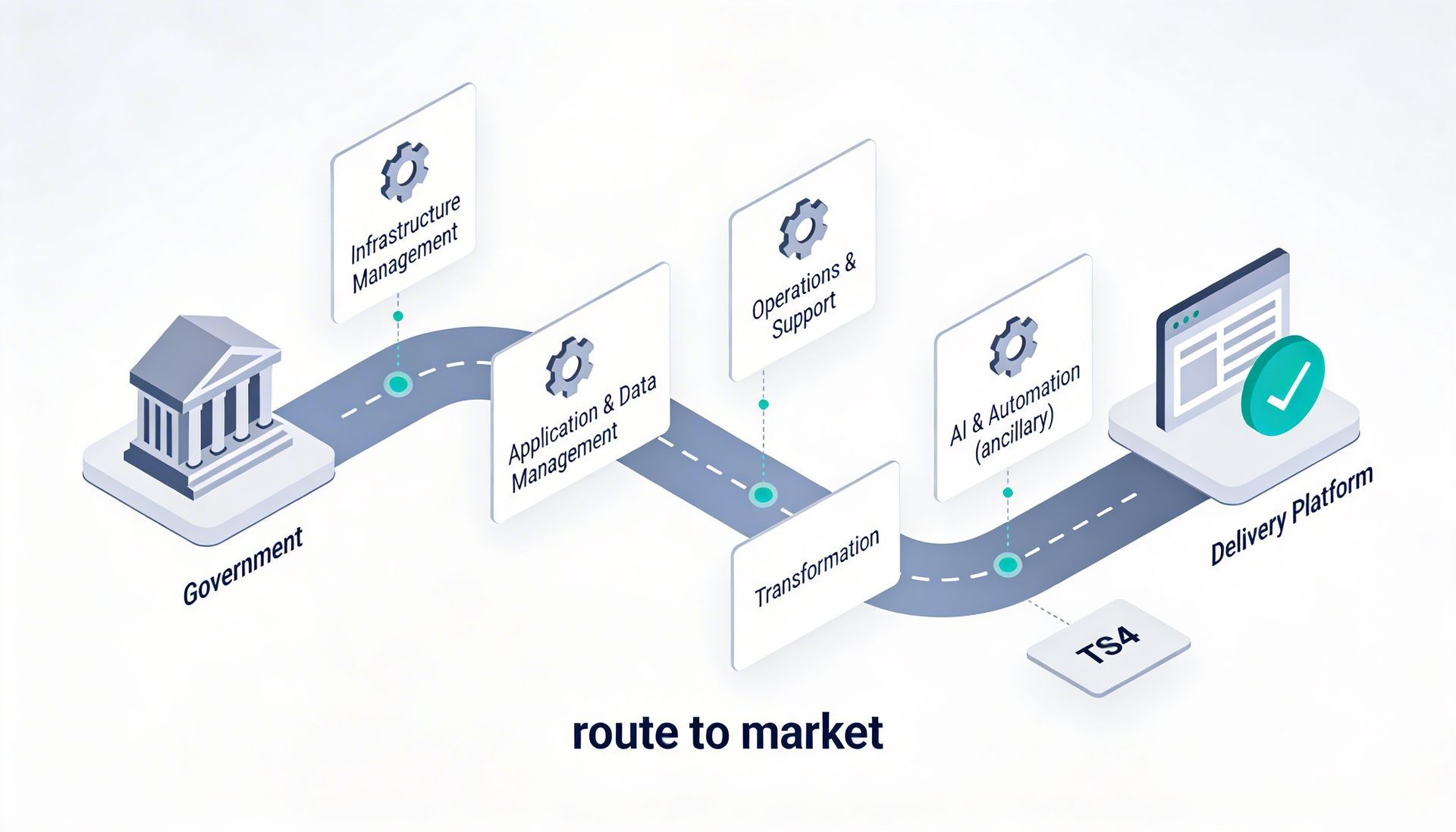When Cyber Attacks Hit the Road: The Jaguar Land Rover Crisis
The automotive industry has always been a symbol of British manufacturing excellence, but recent events at Jaguar Land Rover (JLR) have exposed the vulnerabilities of modern interconnected supply chains. What began as a cyber attack has evolved into a prolonged production shutdown with far-reaching consequences that extend well beyond the luxury car manufacturer's factory walls.

A Production Standstill
JLR has confirmed that its production pause will extend until at least 24th September, following a cyber attack earlier this month. This extended shutdown highlights a critical reality of modern manufacturing: when cyber criminals target operational systems, the impact can be both severe and long-lasting.
The attack, claimed by a cybercriminal group calling itself "Scattered Lapsus$ Hunters"—potentially a collaboration between notorious groups Scattered Spider, ShinyHunters, and Lapsus$—has forced JLR to take the drastic step of essentially "pulling the plug" on its operations to prevent further damage.
The Supply Chain Domino Effect
What makes this incident particularly concerning is how it demonstrates the fragility of modern automotive supply chains. JLR, like most contemporary manufacturers, operates on a 'just-in-time' logistics model rather than stockpiling parts. This approach relies heavily on interconnected third-party systems that receive real-time updates for stock deliveries based on current production schedules.
When JLR's systems went dark, this intricate web of suppliers suddenly found themselves without the crucial data feeds they depend upon. The result? A cascade of financial pressure rippling through the supply chain, with some smaller suppliers facing potential collapse.
Human Cost Beyond the Headlines
Whilst JLR employees remain secure in their positions, the same cannot be said for workers throughout the broader supply chain. Reports indicate that supply chain workers are already facing redundancies, with some businesses that rely solely on JLR contracts finding themselves in precarious financial positions.
The situation has become serious enough that Unite, a leading British workers union, has called upon the UK government to intervene with a furlough scheme to protect jobs at risk due to the cyber incident.
A Warning for the Industry
This incident serves as a stark wake-up call for manufacturers across all sectors. Cybercriminals are increasingly targeting operational resilience, understanding that manufacturing systems are both painful to protect and costly to recover from. The financial incentives for attackers are clear: prolonged operational disruption can lead to significant ransom payments as companies face mounting pressure from stakeholders.
The automotive industry, with its complex supply chains and just-in-time manufacturing processes, presents particularly attractive targets. When a single cyber attack can effectively shut down not just one company but an entire ecosystem of suppliers and partners, the potential for financial extortion multiplies exponentially.
Long-Term Recovery Challenges
Perhaps most concerning is the potential for lasting damage to the supply chain ecosystem. The collapse of smaller suppliers during the shutdown period could create bottlenecks that persist long after JLR's systems are restored.
This creates a vicious cycle: the longer the recovery takes, the more suppliers are at risk, which in turn makes full operational recovery even more challenging and expensive.
Lessons for Other Manufacturers
For other manufacturers watching this crisis unfold, several key lessons emerge:
- Supply chain resilience must be built into cybersecurity planning. It's not enough to protect your own systems if your suppliers remain vulnerable.
- Business continuity planning needs to account for extended shutdowns, not just brief interruptions. The assumption that systems can be quickly restored may prove dangerously optimistic.
- Financial planning should include provisions for supply chain support during major incidents, recognising that the health of your suppliers directly impacts your own recovery.
The Road Ahead
As JLR works towards full operational recovery, the incident has already exposed critical vulnerabilities in how modern manufacturing operates. The interconnected nature of supply chains that drives efficiency in normal times becomes a significant liability during crisis situations.
The automotive industry, and manufacturing more broadly, must now grapple with fundamental questions about balancing operational efficiency with resilience. The just-in-time model that has driven decades of cost savings may need to be reconsidered in light of growing cyber threats.
For now, workers across the JLR supply chain await news of when normal operations can resume, whilst cybersecurity professionals across the industry study this incident for lessons that might prevent the next supply chain crisis.
One thing is certain: the road to recovery will be longer and more complex than anyone initially anticipated.
Don't Let Your Organisation Become the Next Headline
The JLR cyber attack demonstrates that even major corporations with substantial resources can be brought to a standstill by cybercriminals. Is your organisation prepared for a similar attack?
At Altiatech, our cybersecurity experts specialise in protecting businesses from the evolving threat landscape. Through our comprehensive security assessments, we help identify vulnerabilities in your systems and supply chains before attackers do.
Take action today:
- Book a free cybersecurity consultation to assess your current security posture
- Discover how our managed security services can protect your business continuity
- Learn about our incident response planning to minimise downtime and financial impact
Don't wait for a cyber attack to test your defences. Contact Altiatech now and ensure your business stays operational when others are forced to shut down.
Call us on +44 (0)330 332 5482 or email
innovate@altiatech.com to schedule your security consultation today.
Because when it comes to cybersecurity, prevention is always better than recovery.
Ready to move from ideas to delivery?
Whether you’re planning a cloud change, security uplift, cost governance initiative or a digital delivery programme, we can help you shape the scope and the right route to market.
Email:
innovate@altiatech.com or call
0330 332 5842 (Mon–Fri, 9am–5:30pm).
Main contact page: https://www.altiatech.com/contact













